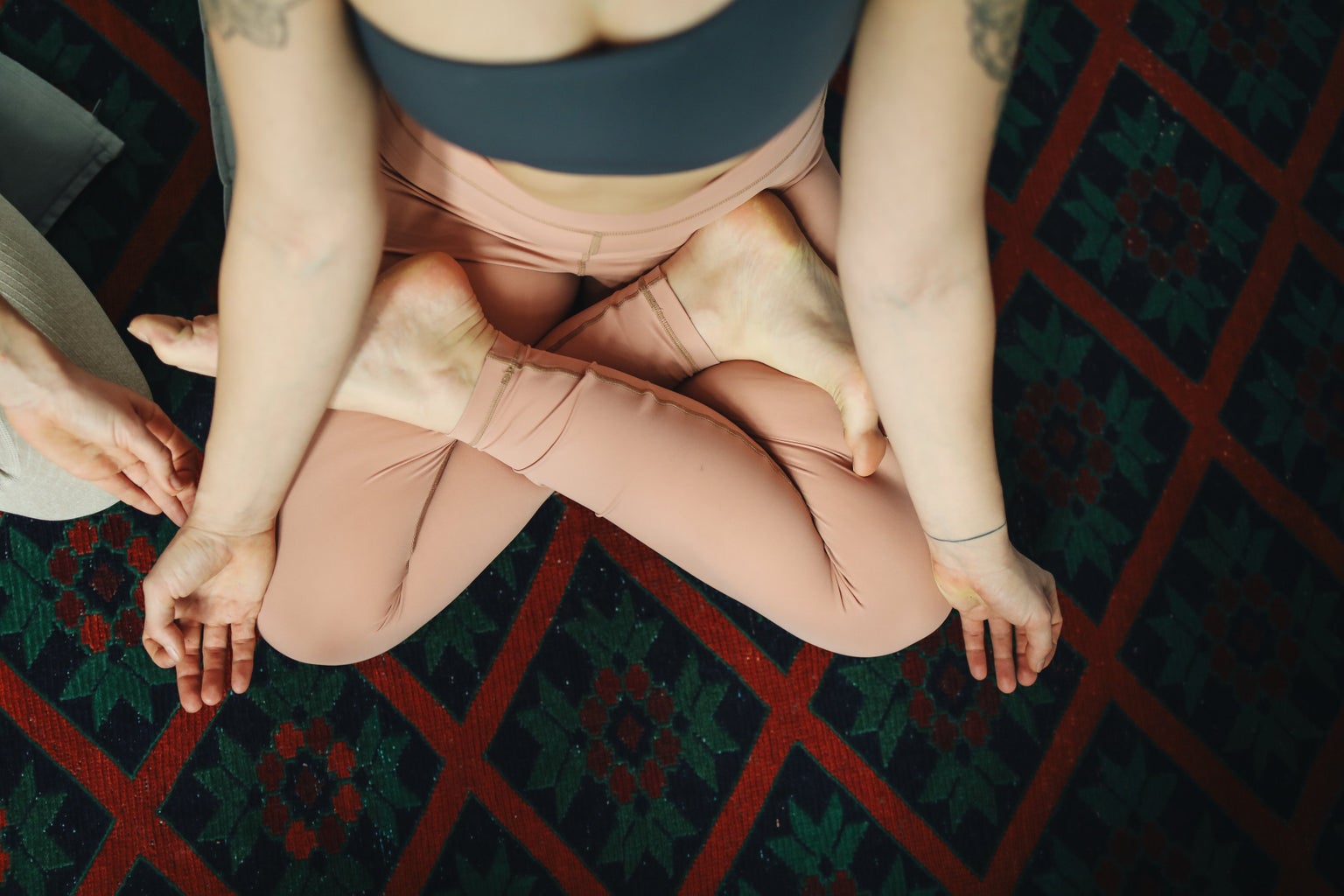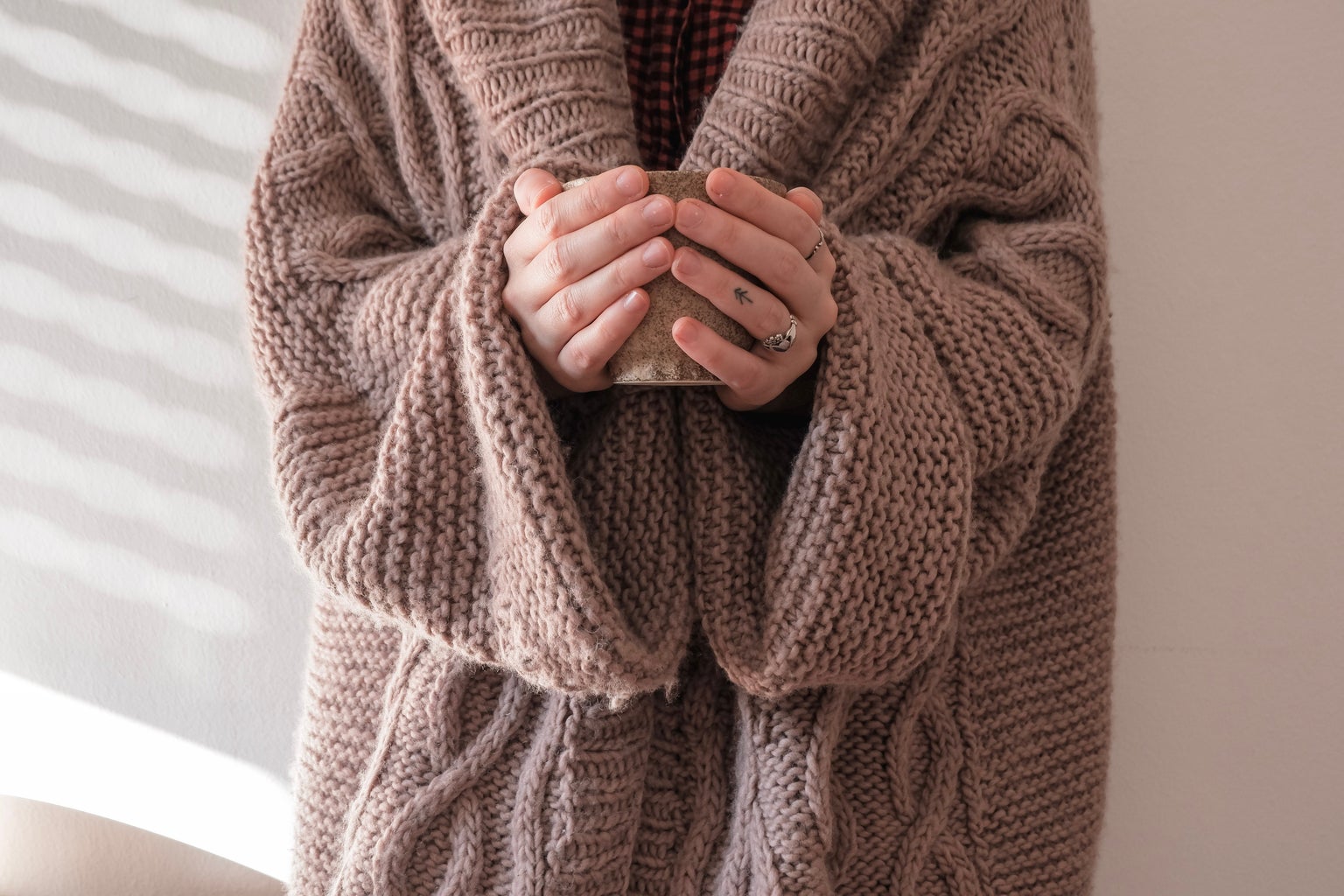
By EMILY GREEN
According to the American Psychological Association (APA), young people all over the world have faced significant challenges to their mental, emotional, and physical health over the past 16 months due to the pandemic. At the same time, these challenges have also helped many people unlock valuable insight into their personal wellness. As we return to our “normal” life routines, it’s important to give yourself compassion as you bring old lessons into new life chapters. If you’re looking for a way to hold onto your mental health lessons from the past year, read on for thoughts from young women, college students, and licensed mental health professionals.
A MENTAL HEALTH CRISIS
According to the APA, Gen Z adults and teens are facing exceptionally high rates of stress and uncertainty compared to individuals of other generations. In Stress in America, a 2020 survey conducted by the APA, over half of Gen Z teens (ages 13-17) surveyed said that the pandemic has made “planning for their future feel impossible.” Over one-third of Gen Z adults reported having worse mental health overall than one year ago, and more than three-fourths of respondents said that the pandemic has left negative effects on their physical, mental, and/or emotional health.
Tyndal Elizabeth Schreiner, a licensed professional counselor and psychotherapist, shares that she is seeing these issues manifest in clients as “heightened anxiety, grieving of all kinds, and conflict with family.” However, given the rise in online counseling services during the pandemic, therapy is more accessible than ever before — and Schreiner remains optimistic about the future. She tells Her Campus, “Thankfully, many people feel more comfortable reaching out [for] therapy for the first time to receive support,” and notes the rising popularity of discussing mental health over social media.
THE IMPORTANCE OF SELF-CARE
“This year taught us a lot about how we value time as well as how we care for ourselves and our mental health,” says Katy Bandy, LCSW, a licensed mental health therapist and creator of @themindfultherapist on Instagram. Bandy explains that it is natural to experience changes in personal values, priorities, and ways of identifying, especially given the changes that have occurred over the past year. “Allow yourself to change, adapt and grow into a new version of yourself,” she tells Her Campus. “This may mean [experiencing] some ‘grief’ around letting go of an old version of yourself or previous way of life.”
And for anyone who wants to carry past mental health lessons into their new chapter, Bandy says, “protect your energy and surround yourself with people who uplift you and help you move towards your highest self.” Whether it’s limiting the amount of time and energy you spend with specific people or saying “no” to more things than you used to, remember: each “no” creates space for you to say “yes” to something that is more aligned for you.
For me, this looks like taking breaks from social media and gradually re-exposing myself over time to protect my own mental health. Recently, my social media profile has become less about what I’m doing with my life and more about what I want it to stand for. I’ve begun following and focusing on accounts that enrich my life and expose me to new perspectives — often around education, service, and creating — which has helped me create a beautiful community.

WHAT STUDENTS HAVE TO SAY
Given that college students and young professionals were some of the most dramatically affected by the events of 2020, many Gen Z-ers are re-entering society with greater wisdom and self-awareness. “Going through the pandemic helped open my eyes as to what my personal values are, and just how important they are to me,” says Sophia, a 20-year-old studying at UCLA. “For example,” she shares with Her Campus, “I’d always known that I valued family, but I never realized just how important they were to me until I had to physically distance myself from them.” Moving forward, Sophia intends to move back to her hometown of Oklahoma City after graduation. “I’m grateful to have had the experience of living in LA,” she says, “but I don’t think I could ever feel settled here.”
Hannah, 23, graduated from Rockhurst University in 2020 and tells Her Campus, “Graduating in the middle of a pandemic was an odd experience. I was pretty depressed after graduation — it felt kind of hopeless not knowing what I wanted to do with my life or degree.” Fortunately, Hannah was able to seek the support of a therapist and live with her parents until she figured out her next step — which, ultimately, was to pursue a degree where she could help support others. Hannah shares with Her Campus, “Seeing all of the political unrest, social injustice, and suffering of those around me on a global scale inspired me to go back to school to get a degree in social work.”
Personally, I had a similar experience where I was able to solidify my values, particularly during isolation and lockdown. Although I’d previously identified love, integrity, and respect as my core values, spending increased time alone forced me to think about what makes my life worth living, and what exactly I want it to stand for. I’ve kept a gratitude journal over the past two years, and time and time again, it is the people in my life who make the top of the list — maintaining a sense of community is something that I know is very important to me. Moving forward and out of the pandemic, I want to continue to grow my community, learn about people, develop communication skills, and create lasting memories with others.
SUPPORTING OTHERS
Most likely, you will continue to know friends and family who struggle with their mental, physical and/or emotional health. Re-emerging into social situations might even trigger mental health crises for some individuals, whether or not they were previously struggling. Schreiner, who helps women develop greater self-compassion in her private practice, recommends, “if you notice a significant change to [someone’s] behavior or mood, encourage them to reach out to a professional.”
To continue to fight the stigma surrounding mental health, Schreiner also emphasizes the importance of having open, honest discussions surrounding emotions and feelings. She encourages people to ask others directly how they are doing. “Rather than talking people out of their feelings or trying to ‘fix’ them,” she tells Her Campus, “be a listener and validate them.”

MY MENTAL HEALTH LESSONS
Although I have not seen a therapist for several years, I have struggled with my own mental health tremendously over certain periods of my life, most notably during my recovery from anorexia nervosa. During the pandemic, I felt inspired to take a job working in pediatric eating disorders. I moved closer to home. I started writing again. I recognized my passion for values-based living, spirituality, and health and wellness. I read about my Enneagram type, found podcasts I enjoyed listening to, and looked into astrology. I started doing interviews for music magazines. I discovered my identity as being polyamorous. I got back into religion. I (attempted) to cook more.
This year taught me that I am both completely in charge of my own life, but at the same time, reinforced my belief that we live in a completely interdependent reality. I have valuable gifts, values, and ideas to bring to the table. It is also up to me to show up, speak my truth, and reach out when I need support. At times my voice will shake, but as Ralph Waldo Emerson once said, “the purpose of life is not to be happy. It is to be useful, to be honorable, to be compassionate, to have it make some difference that you have lived and lived well.”
Moving forward, I want to continue prioritizing self-reflection, self-care, and relaxation. And as Schreiner encourages, I want to continue to have open discussions surrounding topics involving mental and emotional health. I want to use my gifts and personal experience struggling with such issues to help other people in their own journey. Perhaps I don’t know what exactly I want this to look like, but I would love to use social media in a way to create a community where others feel seen, supported, and understood.
Prior to the pandemic, I was a full-time student balancing multiple part-time jobs — I didn’t realize how overworked and exhausted my daily routine was making me, and it felt like I was living on autopilot. Given that I graduated in 2020, the pandemic brought an abrupt end to my college career. Interestingly, though, the pandemic forced me to search for answers in a way that I’m not sure I would have otherwise.
Photo Source and 2







